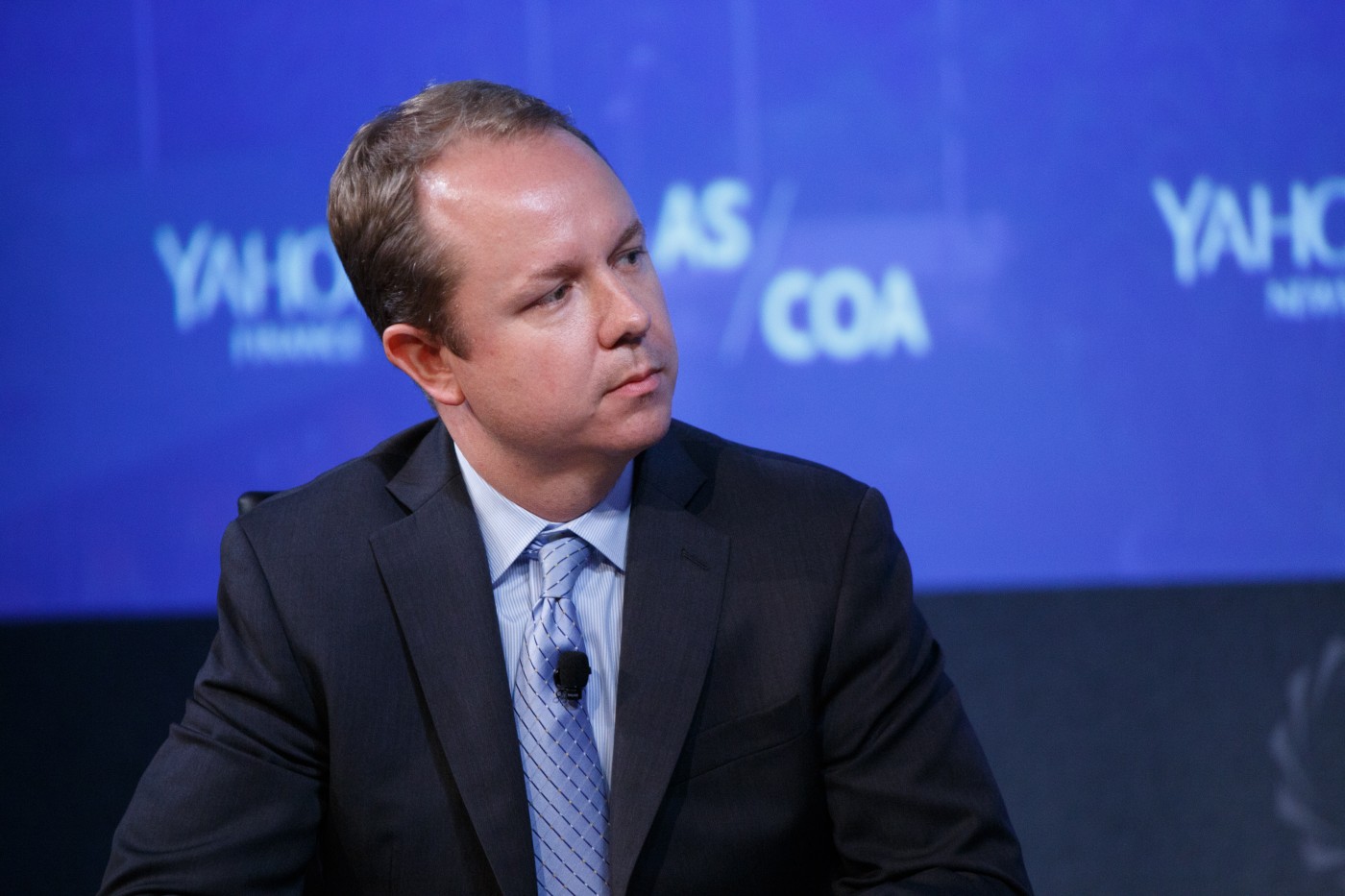Brian Winter is a journalist specialized in Latin America and works as editor-in-chief for Americas Quarterly, an online magazine which, in its most recent edition, addresses the rise of military forces in countries like Bolivia, Brazil and Chile. In order to talk about Latin American perspectives for the decade ahead, Winter answered some questions from the Humanitas360 Institute: “In some ways people are more engaged in politics than ever – just take a look at Twitter or Facebook! But the demand for results centers on things like reducing corruption and crime and getting economies growing again. As a result they are not as concerned about “polite” things like civil liberties and democratic institutions.” Read the interview below:
What are the challenges for this decade that begins in Latin America? According to the last edition of Americas Quarterly, one of the threats is the growing influence of militaries in politics. How do you think it could affect Latin American countries and Brazil, in specific?
The 2010s were a disappointing period for Latin America – and many of the shadows remain as we start a new decade. The problems include slow economic growth, rising inequality and violence that only continues to rise (though Brazil is an exception on that last point). Across the region, many people are upset with “corrupt” democracies, so they’re turning to old values and power structures in the hope of finding a solution. One of those is the armed forces. It’s not quite like the 1960s and 70s – civilian governments remain in charge – but the soldiers are regaining much of their old power. Clearly we’re seeing this in Brazil.
In our “Citizen Engagement Index”, made in partnership with The Economist Intelligence, and in the last “Democracy Index” report, we see many reasons to worry about democracy in Latin American countries as the civil liberties shows an evident reduction. How do you see citizenship engagement in Latin American countries in 2020? In Brazil, for example, people tend to see the acceptance of the population as a factor of stability, allowing tough reforms in welfare system.
Well, in some ways people are more engaged in politics than ever – just take a look at Twitter or Facebook! People are not apathetic and that’s a good thing, because it means politicians will be held at least somewhat accountable for their actions. But the demand for results centers on things like reducing corruption and crime and getting economies growing again. As a result they are not as concerned about “polite” things like civil liberties and democratic institutions. Which puts a tremendous amount of power in the hands of presidents – who sometimes abuse it, or at least try to do so. We’ve seen that in many countries recently, from Brazil to El Salvador and, yes, the United States.
In Eduardo Levy Yeyati’s article about Chile there is an interesting insight about middle class in Latin America – that they were given access to growing income, but not to public services. How does this characteristics relates to voting in Latin American countries? How can Latin American countries break out from this circle of dependency between governments, income and the actual lack of social mobility?
It’s proof that we can’t just focus on income. It’s impossible to understand what happened in Chile without focusing on other factors, because of course Chile is a massive success when it comes to reducing poverty over the last 30 years. Inequality fell there, too. But what many experts missed was that the access to public services was just not there – quality education, a viable pension, and so on. These are the things Chileans and many other citizens are demanding. The question of course is how to deliver these services at a time when economies aren’t growing and investors are scared.
Considering political shifts that could happen this year – with local elections in Brazil and presidency elections in the United States, for example – do you expect any changes in the turn for right-wing populists in the continent?
Well the big election of 2020 is obviously in the United States, and I don’t have a crystal ball for that one! But I do think we’re clearly in a populist moment, whether we’re talking about people on the right or the left. It’s a time of high expectations from society and increasing angst over changing technology, labor markets, values and daily lives. That translates into an atmosphere where if voters see somebody promising simple answers, they will be seduced.





